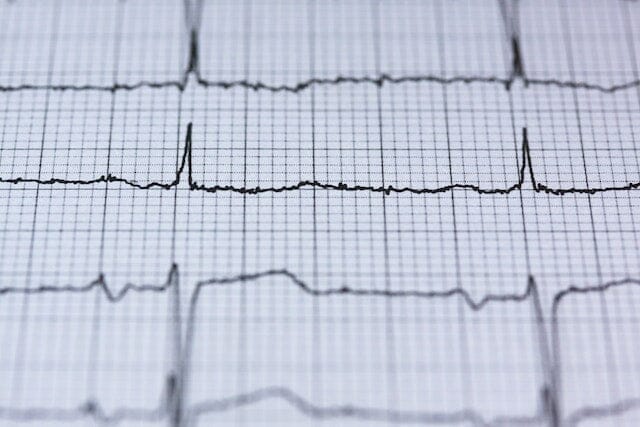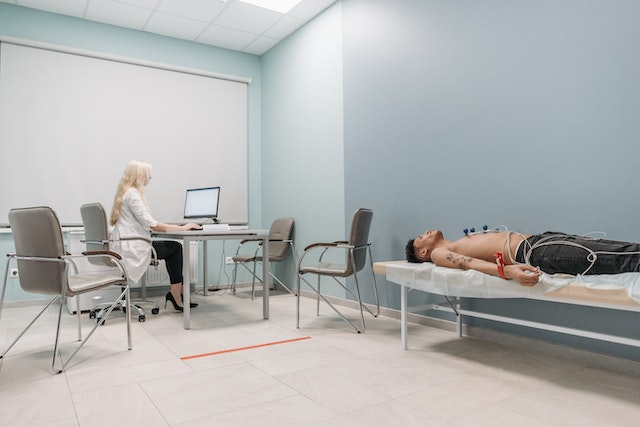
What is the difference between ECG and ECHO tests?
Time to read 3 min
Time to read 3 min
There may be times when your doctor may ask you for a complete scan of the heart through an ECG or an ECHO test. The testing protocol is a mandatory one to check the electrical activity of the heart via an ECG, and the visual scan via an echocardiogram of your heart.
In the event that you are experiencing chest pain or other symptoms, the heart's electrical activity on the ECG is an accurate indicator of underlying issues. A complete scan of your heart and an ECG reading may be enough for your doctor to identify symptom causing conditions.
You should be mindful of the following symptoms when you need to get an ECHO or ECG test.
Chest pains are the primary indicator of a heart issue, which would have to be checked using an ECG or ECHO.
You may experience a chronic discomfort sensation, if there are issues with normal heart function.
You may find it difficult to breath correctly if you have a heart condition. You can experience shortness of breath if there is an underlying condition.
You may experience rapid breathing which may be uncontrollable. You should get a heart health check-up done through complete heart scan testing.
You may experience chronic fatigue when you have an issue with the heart. This can worsen over time if there is an underlying heart condition present.
There are several differences between the ECG and ECHO tests that you should be aware of.
The method of testing in an ECHO is an ultrasound test, which can get the visual scan of the heart through the analysis. In the case of an ECG the test is performed to measure the electrical activity through different points.
The purpose of the ECG test is to determine the electrical activity of the heart to find aberrations. For the ECHO test, the purpose is to get a visual scan of the heart for a complete medical analysis.
The findings of the ECG test can help in determining any aberrations and issues with the electrical function and output of the test. In the event of ECHO test, the findings are used to determine any physical damage or issues in the heart.
You should get both tests done to get a more complete analysis of your heart.
You can improve your overall heart health with the following strategies.
The right changes in your diet can boost your heart health significantly and protect you from heart disease. You should also focus on a rich balance of vitamins and minerals for a holistic dietary change.
You can cut out smoking, drinking, and other lifestyle choices to significantly improve your heart health. By eliminating potential toxins, your heart can function optimally long-term.
You can focus on stress reduction through meditation, mindfulness, yoga, and other techniques. This can reduce the load on your heart health significantly.
If you follow a cardiovascular workout, your heart will improve in its functioning. You can also prevent heart disease if you follow a good diet and exercise routine.
If you need medication for your heart, then taking it on time will help as well. You should continuously get tested for your heart health if you're on medication.
You can opt for the complete heart check-up package via MyDiagnostics in India.
The cost of the complete heart checkup in India is INR 2500 including a 2D ECHO, ECG, and TMT test.
In most cases, you'll get your report generated within the same day.
*Medical Disclaimer - The following information is for educational purposes only. No information provided on this website, including text, graphic, and images, are intended as substitutes for professional medical advice. Please consult with your doctor about specific medical advice pertaining to your condition(s).

